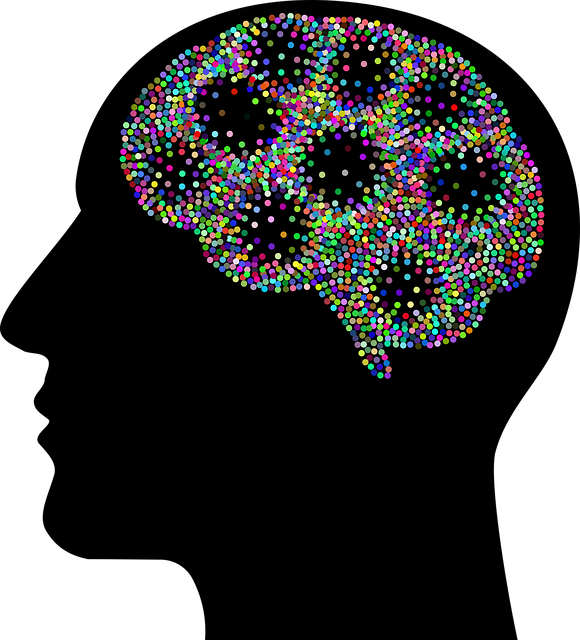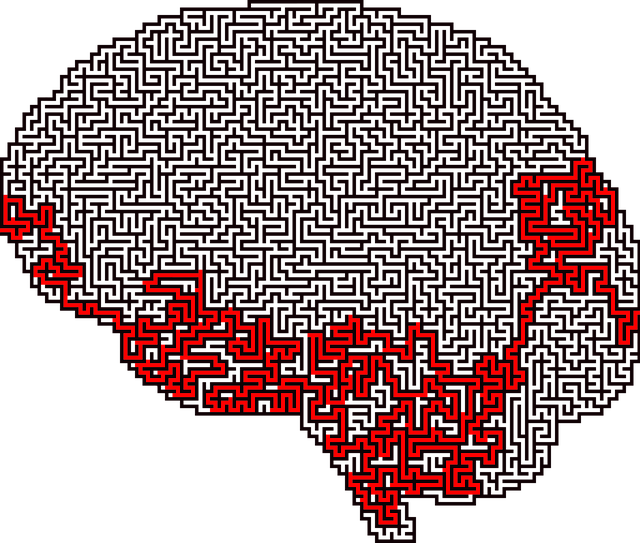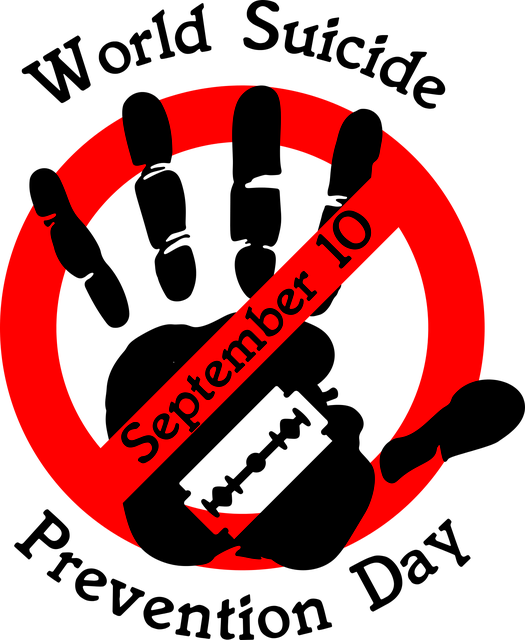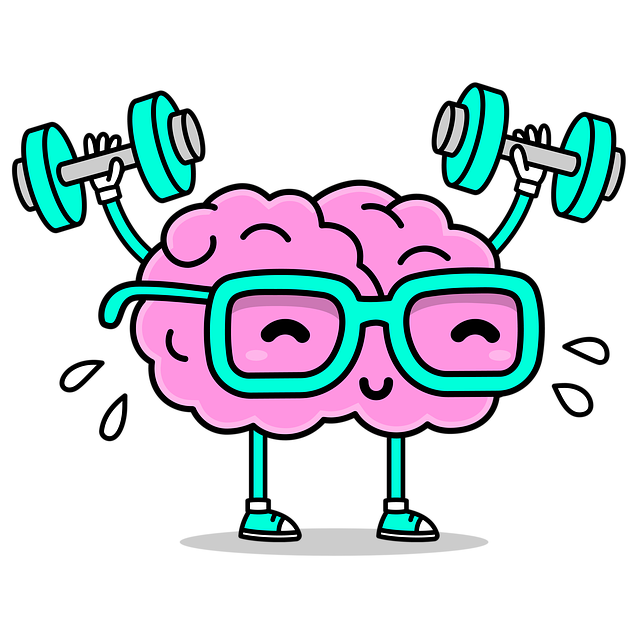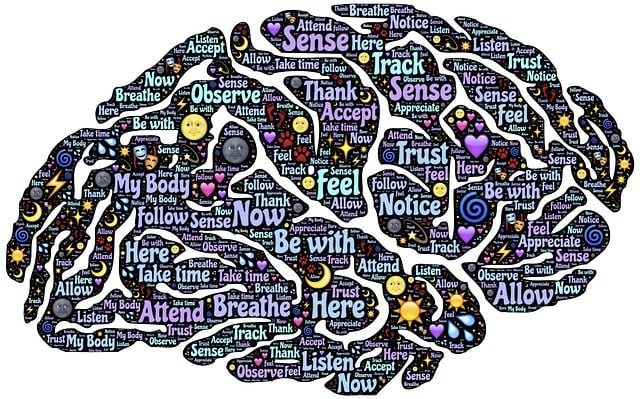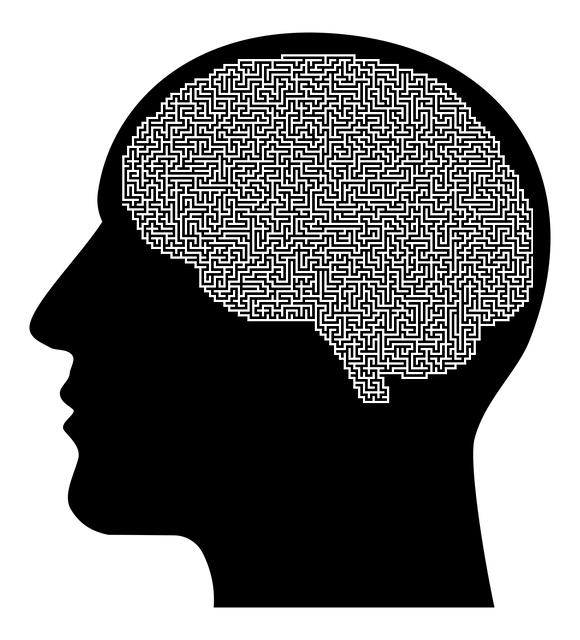Lakewood Chronic Pain Therapy leverages the RFM (Resource, Focus, Mastery) framework to empower individuals with tools for active pain management, combining holistic approaches with cultural sensitivity. Their Mental Wellness Coaching Programs teach effective coping strategies, self-care, and resilience building through evidence-based techniques, group sessions, and mindfulness practices like meditation. Integrating RFM into daily life can significantly enhance chronic pain management and overall well-being in Lakewood Chronic Pain Therapy settings.
Discover the power of Resilience-Focused Mindfulness (RFM) in managing chronic pain at Lakewood. This transformative approach combines mindfulness techniques with resilience building exercises, offering a holistic path to healing. Our comprehensive guide provides practical tools and strategies for patients looking to integrate RFM into daily life. Explore how these techniques can enhance your Lakewood chronic pain therapy journey, empowering you to cultivate mental fortitude and achieve lasting well-being.
- Understanding RFM and its Role in Chronic Pain Management at Lakewood
- Resilience Building Exercises: A Comprehensive Guide for Patients
- Integrating RFM into Daily Life: Practical Tips and Strategies
Understanding RFM and its Role in Chronic Pain Management at Lakewood

At Lakewood, understanding RFM (Resource, Focus, and Mastery) is pivotal in chronic pain management. This therapeutic framework empowers individuals to navigate their pain experience by identifying and utilizing available resources, concentrating on what matters most to them, and developing mastery over their emotional responses. By integrating RFM into chronic pain therapy, our healthcare provider offers a holistic approach that transcends traditional symptom management.
Incorporating RFM techniques fosters cultural competency among Lakewood’s diverse clientele, ensuring empathetic and tailored support for each patient’s unique journey. This includes recognizing and addressing the interconnection between mental wellness, emotional healing processes, and overall physical well-being. Furthermore, our Mental Wellness Coaching Programs Development focuses on enhancing coping strategies, promoting self-care practices, and cultivating resilience—all essential components in the RFM framework, ultimately contributing to improved quality of life for those managing chronic pain.
Resilience Building Exercises: A Comprehensive Guide for Patients

Resilience building exercises play a pivotal role in chronic pain therapy, equipping patients with effective coping strategies to navigate their condition and improve overall well-being. At Lakewood Chronic Pain Therapy, we offer a comprehensive guide tailored to empower individuals to enhance their resilience and manage pain more effectively. Our program incorporates a range of evidence-based techniques designed to foster mental fortitude, stress reduction methods, and social skills training – all essential components for building a robust emotional shield against chronic pain.
Through our community outreach program implementation, we facilitate group sessions that create a supportive environment, encouraging participants to share experiences, learn from one another, and develop meaningful connections. These interactions not only provide practical tools for coping with pain but also offer a sense of belonging and social support, both critical elements in the journey towards resilience. By integrating these diverse stress reduction methods and fostering strong social bonds, patients gain valuable resources that empower them to take control of their chronic pain and lead more fulfilling lives.
Integrating RFM into Daily Life: Practical Tips and Strategies

Integrating RFM (Resilience, Flexibility, and Mindfulness) into daily life can significantly enhance one’s ability to manage chronic pain and improve overall well-being, especially in Lakewood Chronic Pain Therapy settings. Start by cultivating mindfulness practices such as meditation or deep breathing exercises during moments of stress or pain flare-ups. This helps to center yourself and accept the present experience without judgment. Incorporate flexible thinking patterns by challenging negative thoughts with evidence-based reasoning; for instance, instead of dwelling on limitations, focus on your strengths and past successes in navigating challenges.
Practical strategies include setting realistic goals and breaking down larger tasks into manageable steps. Implement communication strategies to express your needs and boundaries effectively to caregivers or support systems. Additionally, engage in compassion cultivation practices like self-compassion exercises, which can reduce the impact of difficult emotions associated with chronic pain. Remember, these techniques are tools to be utilized throughout the day, making resilience building an integral part of one’s routine, much like Lakewood Chronic Pain Therapy sessions.
Lakewood’s approach to chronic pain management through RFM offers a transformative path to resilience. By understanding the interplay between RFM and chronic pain, individuals can harness their inherent capacity for recovery. The comprehensive guide on resilience-building exercises equips patients with powerful tools to navigate their pain journey. Integrating these practices into daily life provides practical strategies for managing symptoms and enhancing overall well-being. With Lakewood’s expertise in chronic pain therapy, individuals can experience improved quality of life and discover a new sense of strength and adaptability.




